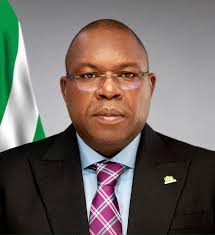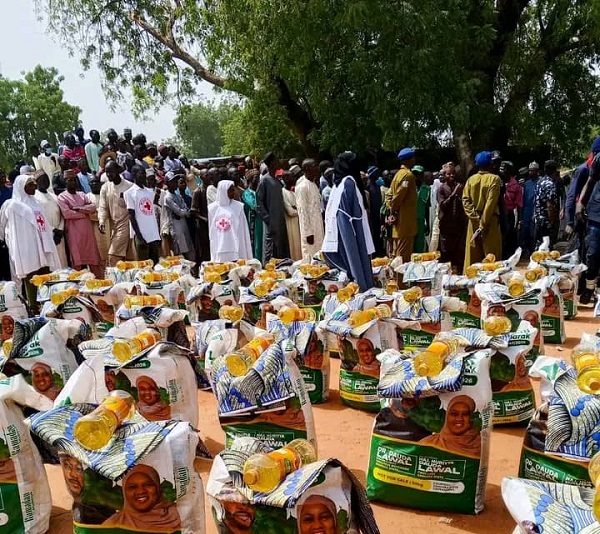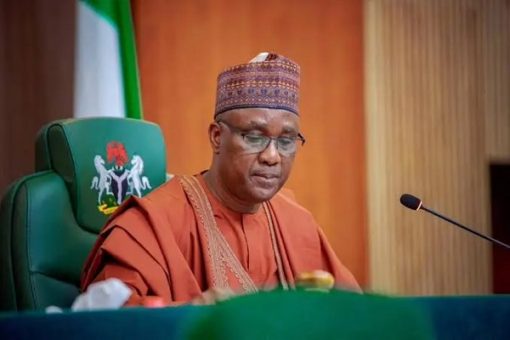Nigeria’s Revenue Collection Jumps Leaps to ₦3.64trn in 16 Months, FG Defends Borrowing Strategy

Nigeria’s revenue collection has surged by 411 percent in just 16 months, climbing from ₦711 billion in May 2023 to ₦3.64 trillion in September 2025, according to Special Adviser to the President on Revenue and Chairman of the Nigeria Revenue Service (NRS), Zacch Adedeji.
Adedeji disclosed this on Tuesday during a press briefing organised by the Presidential Media Team at the State House, Abuja, where he also defended the government’s borrowing policy, describing it as an integral part of the country’s fiscal framework.
“The federal government is not borrowing outside what was approved in the 2025 budget by the National Assembly,” he said, stressing that loans are targeted at sustaining continuity, beating future cost escalations, and funding projects that can generate returns through taxation.
Adedeji rejected suggestions that rising revenue should eliminate the need for borrowing. “Borrowing is part of the economic plan. Any viable nation has to borrow,” he stated. He argued that when government borrows from banks, it sustains the economic ecosystem by enabling banks to pay salaries and taxes.
He explained that infrastructure projects, such as roads, are funded through loans, with the expectation that future tax revenues from road users will offset the costs. “So when Mr. President says we have met our revenue targets and you ask why we are borrowing, the question is, are we borrowing outside what was approved? The answer is no,” he added.
The data released showed sharp increases across oil and non-oil revenue streams:
* Non-oil tax collections rose from ₦151 billion to over ₦1 trillion.
* Oil receipts grew from ₦96 billion to ₦644 billion.
* Value Added Tax (VAT) more than tripled from ₦218 billion to ₦723 billion.
* Customs revenue jumped from ₦106 billion to ₦322 billion.
* Upstream Petroleum Regulatory Commission remittances increased from ₦125 billion to ₦745 billion.
* NNPC contributions reached ₦111 billion in September 2025.
Adedeji credited these gains to reforms under President Bola Tinubu’s administration, including streamlined tax systems, reduced burdens on SMEs, harmonised levies, and the deployment of technology such as e-invoicing and data-driven audits.
The NRS chairman also highlighted efforts to stabilise Nigeria’s fiscal position by settling inherited debts, particularly overdraft facilities from the Central Bank. He noted that the government had stopped collateralising “Ways and Means” advances, converting them into federal loans now being serviced with principal and interest payments.
“This has brought stability to the system and reduced pressure on the exchange rate,” he said, arguing that transparent debt servicing has strengthened investor confidence in Nigeria’s financial management.
Looking ahead, Adedeji announced that the government plans to harmonise subnational levies to curb multiple taxation, introduce a presumptive tax for the informal sector, and progressively reduce corporate tax rates.
He also said constitutional reforms are underway to redefine revenue allocation between federal and state governments, a move he believes will entrench stronger fiscal federalism and boost Nigeria’s competitiveness.
“Our goal remains to fund development largely from internally generated revenues and to borrow only for investments that can pay for themselves,” Adedeji concluded.










